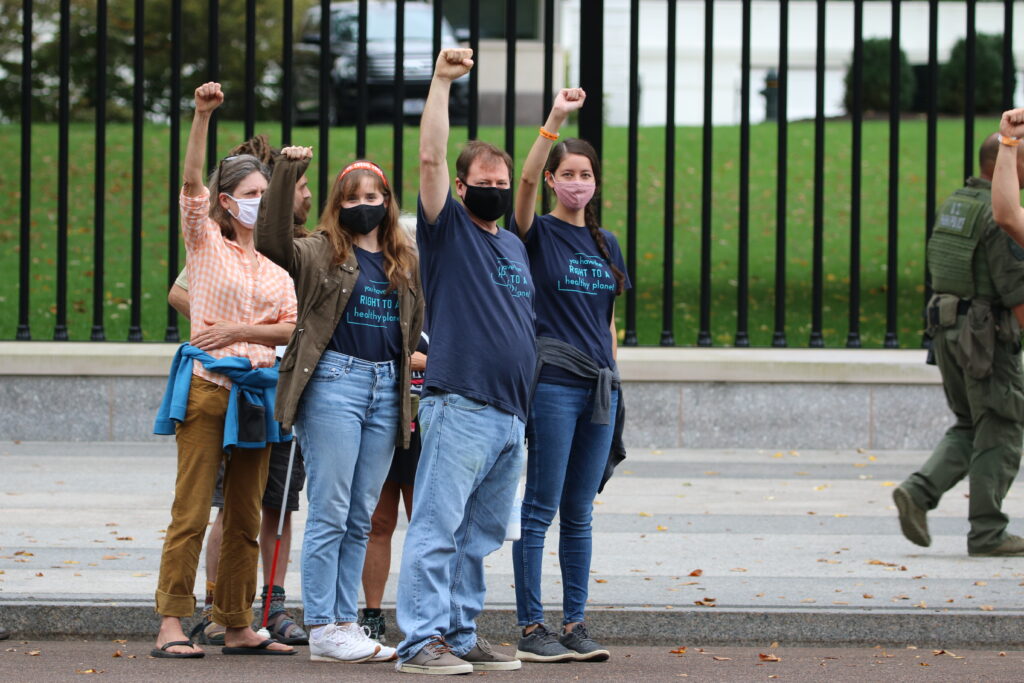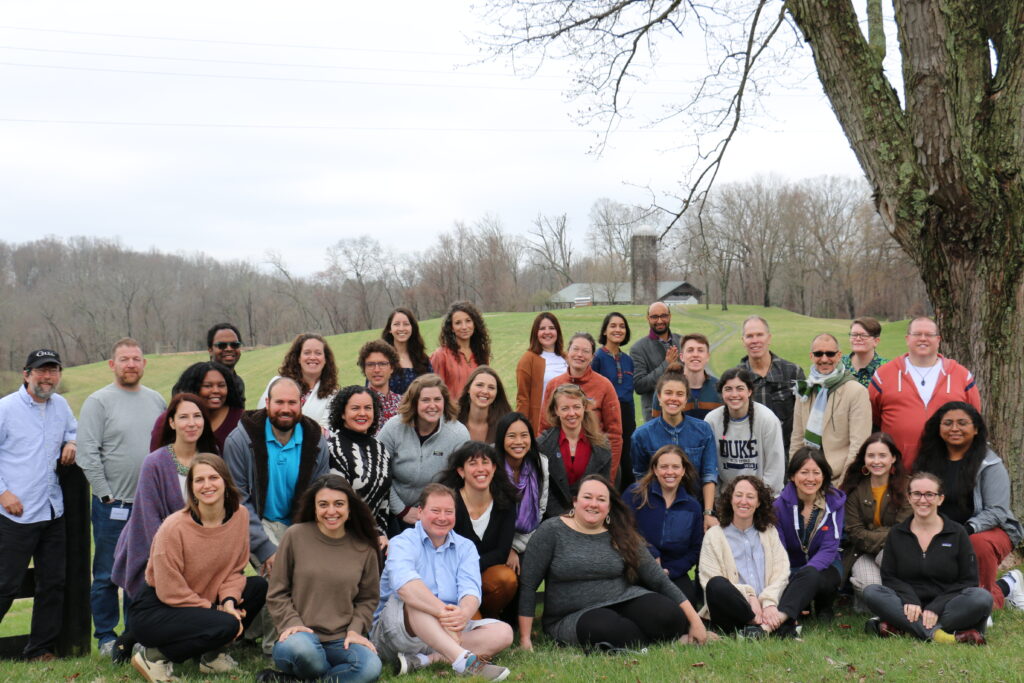For most of my life — and all of my career — I have held firm to the belief that the arc of history bends towards justice.
But recent years show us that this statement is incomplete. The arc of history does not simply bend of its own accord. Every shift in that arc is the result of active, unrelenting effort by people like us — like you. The arc of history can be bent, but only when we are working to bend it. And that work never stops. The moment it does, we risk sliding backward.

Recent years have shown us that the progress we have made can be undone if we become complacent, if we slow down, or if we treat milestones merely as laurels — rather than as anchors for the next bend, and the one after that.
We face a moment of converging and accelerating planetary crises, with an endless succession of record- breaking climate disasters, biodiversity collapse, and toxic pollution impacting every corner of the world. We face this moment against the backdrop of real or potential democratic rollbacks in countries around the world, even in places where democracy was long taken for granted. And so, we keep working. We keep bending, and defending against efforts to pull us backward.
The stories that we share in this Annual Report reflect how we are bending the arc. They reflect the years, and sometimes decades, of sustained effort. In the past year, we celebrated extraordinary milestones. We contributed to moments of profound power. And we witnessed again and again that change is not only possible and essential, it is inevitable if we continue our course. This progress is possible — and increasingly inevitable — because more and more movements around the world are acting together, recognizing and aligning their shared causes, amplifying leaders on the front lines and fence lines, and more importantly, following their leadership. Prioritizing justice is crucial for true shared progress, and it is the only way we transform the systems across which the arc of history is traced.
Importantly, after two decades during which the world was turning its back on international solutions, we are witnessing a resurgence in the importance of international law and the need for international governance. Whether it is securing the right to a healthy environment or drafting a new global treaty to end plastic pollution, launching principles to safeguard the rights of future generations, or building momentum for a fossil fuel non-proliferation treaty, we understand that human rights and environmental crises cannot be solved within national borders. It is now clearer than ever that international law and governance play a vital role in confronting the intersecting planetary crises we face. Equally clear is that the law itself is one of the systems we must transform to do so.

The stories in this report are only snapshots of those moments and milestones. The work of bending history towards justice goes on; it never stops. It needs you, just like it needs all of us.

Carroll Muffett
President & CEO
